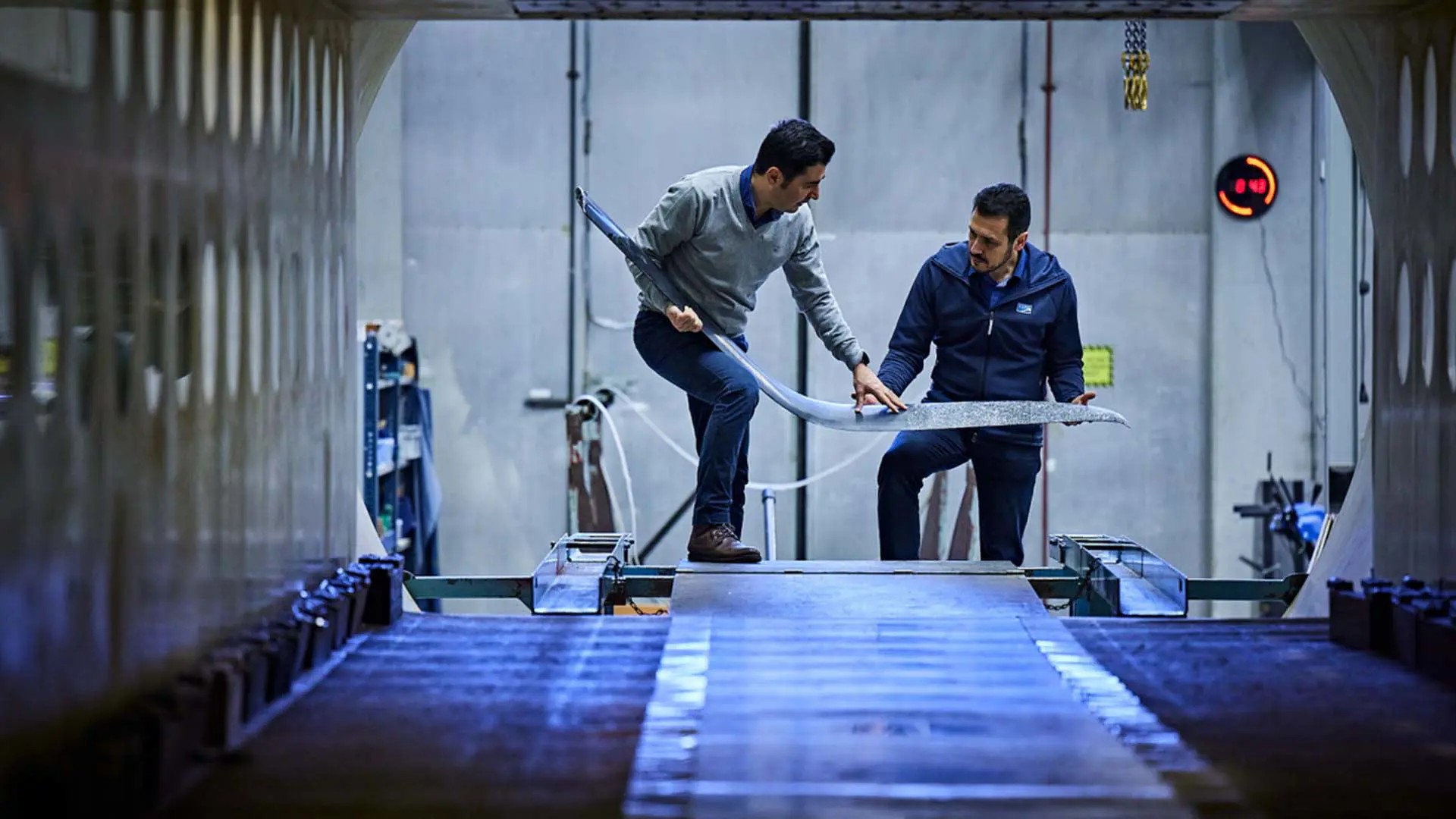
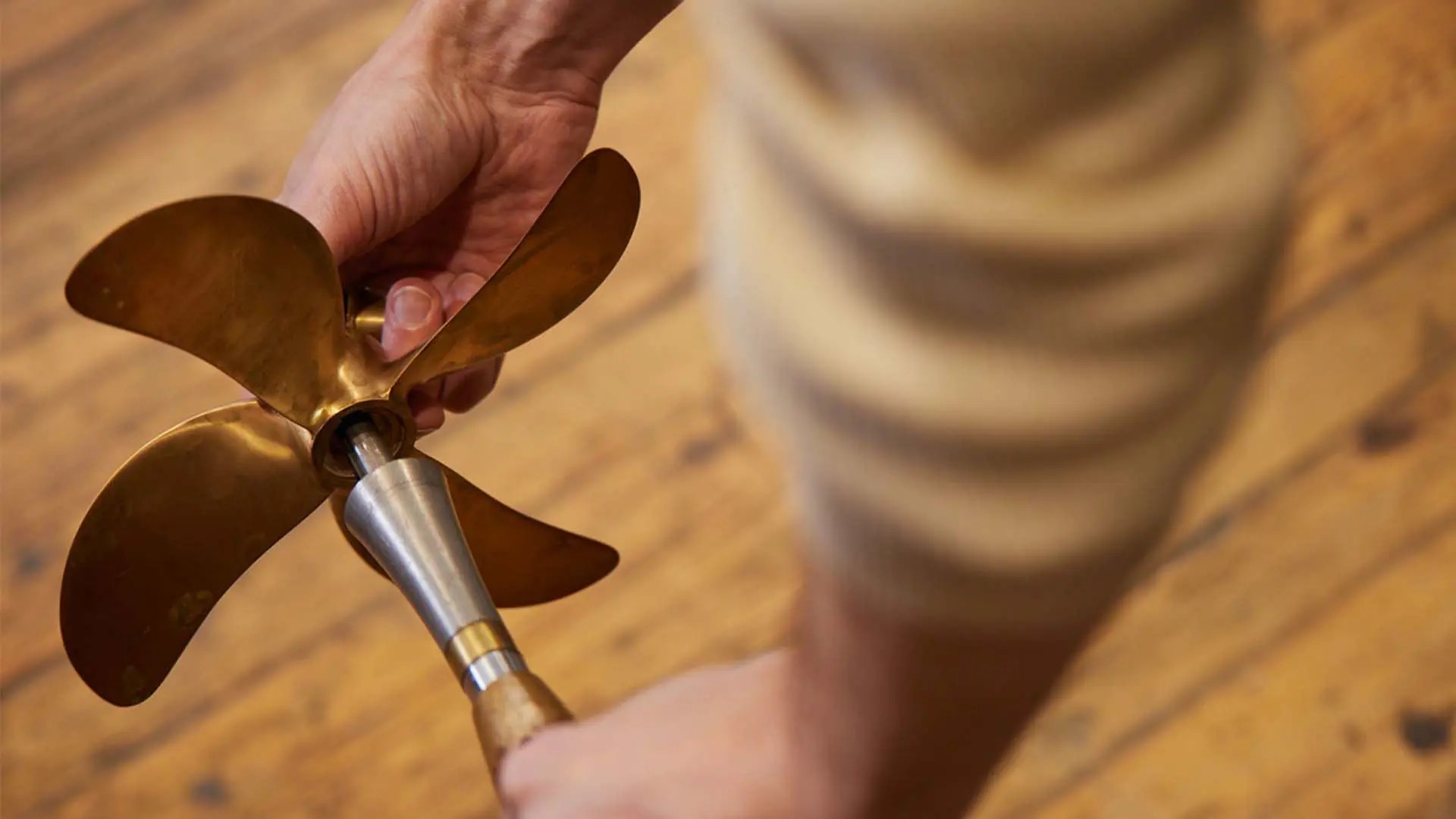
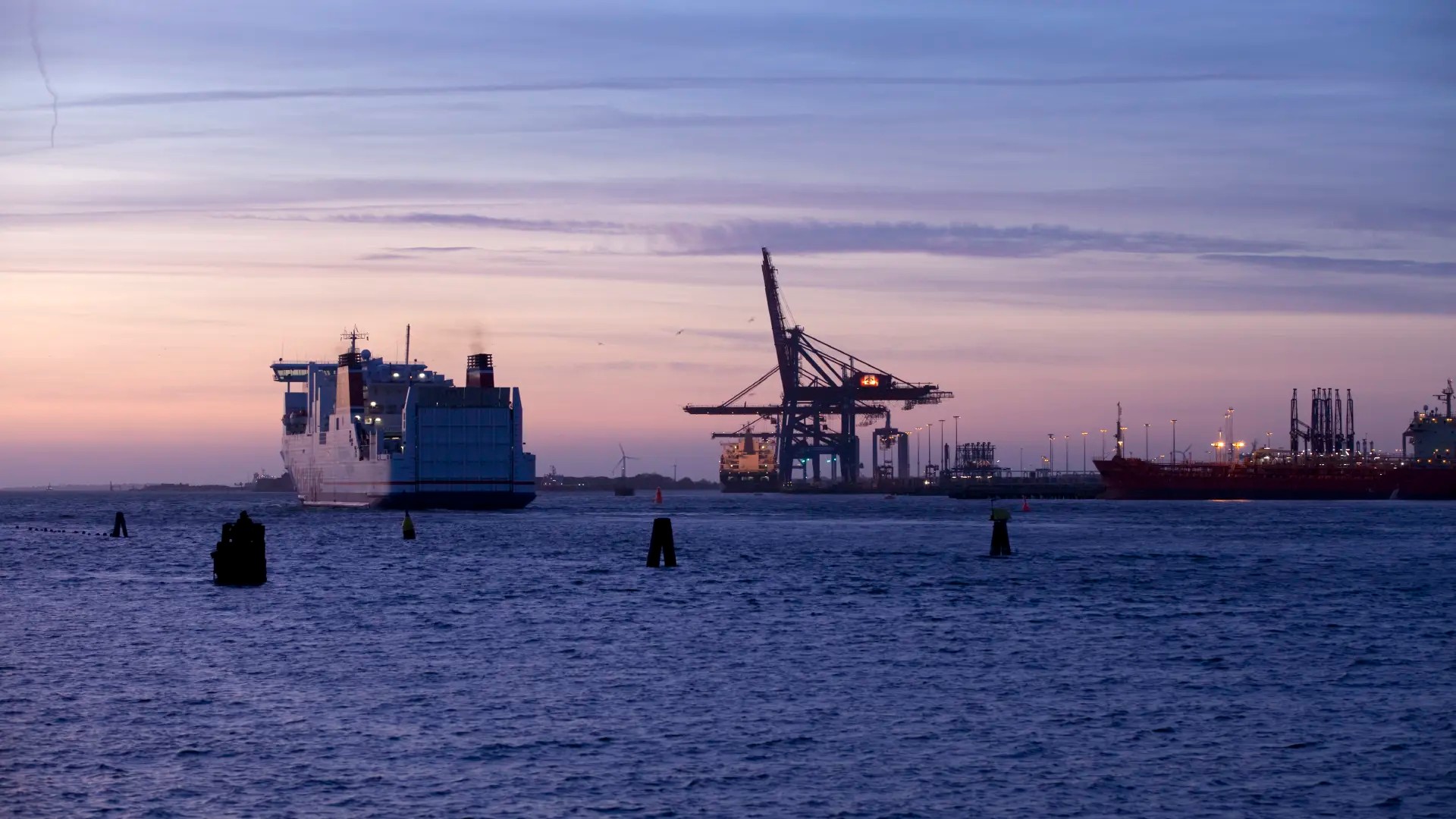
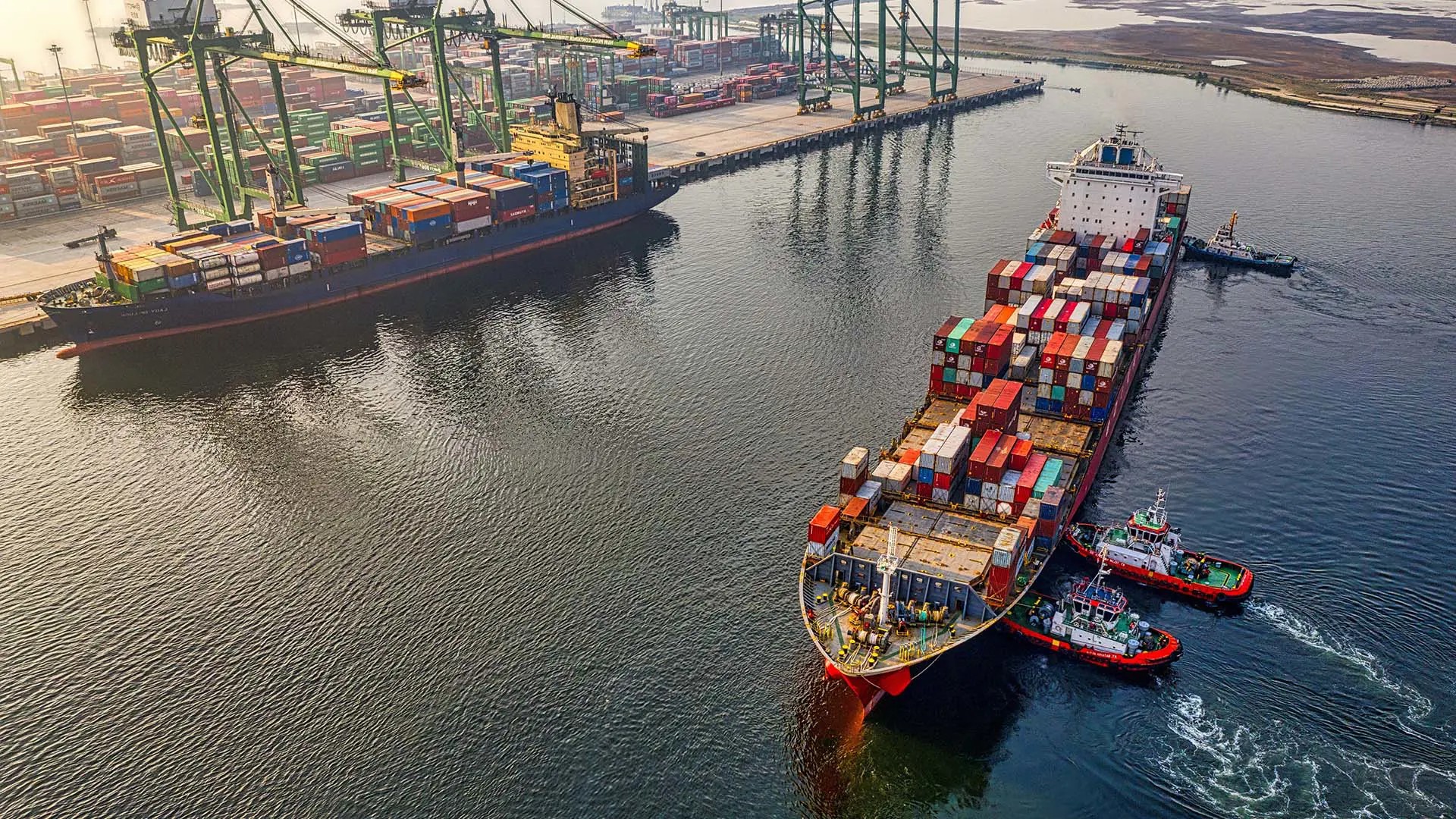
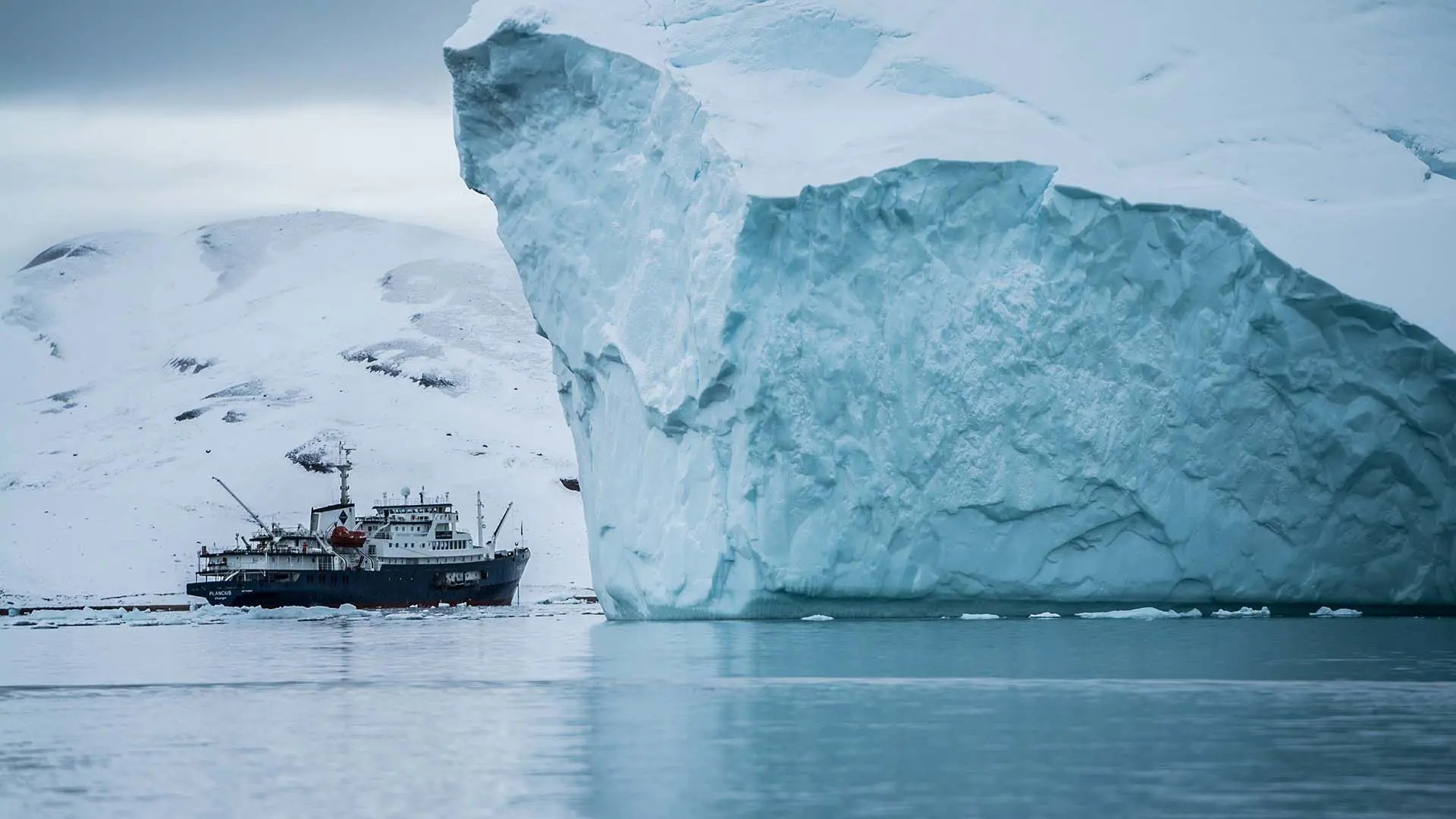
Our research aims to enable the development and improvement of marine technology. For example, we make propellers last longer and be quieter, we reduce resistance in the water, improve the seaworthiness of hulls and we ensure that the structural design of marine structures survives variation and extreme loads over time from waves, wind, ocean currents and ice.
Engineering solutions for a sustainable blue society
The division carries out fundamental and applied research to enable the development and improvement of marine technology, such as ships, subsea systems and renewable energy solutions. We support industry and societies world-wide with knowledge, understanding and solutions that minimize emissions from shipping, improve the life time and reduces maintenance need for equipment in the harsh ocean environment, and ensures safe operations. Our activities are related primarily to development and application of numerical modelling, e.g. CFD, FEA, FSI, optimization, ML, but we are also involved in both experiments and real life monitoring to support our findings.
Besides research, our division is also involved in education at Master's and doctoral level. We are involved in the master program Mobility Engineering (Naval Architecture – Marine Technology profile) and we are part of the Nordic Master in Maritime Engineering.
We supervise PhD students and deliver PhD courses. All courses are available to master and PhD students from other divisions or universities as elective courses.
Our core competence areas
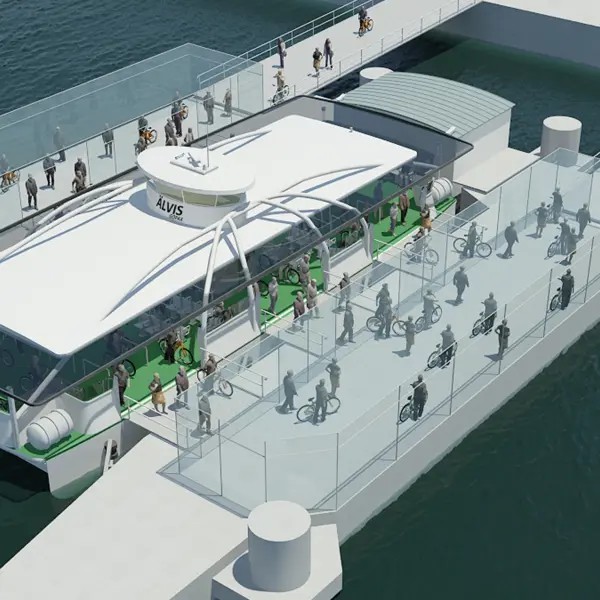
Ship Design
With research in ship design, we contribute to finding efficient, safe and innovative solutions to enable a fossil-free ship fleet.
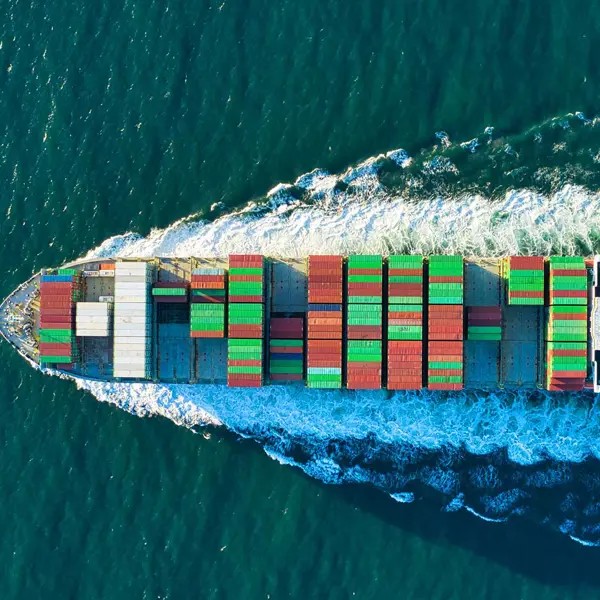
Marine Structures
Within the field, we explore structural designs and analysis methods for improved performance and manufacturing of ships and offshore structures.
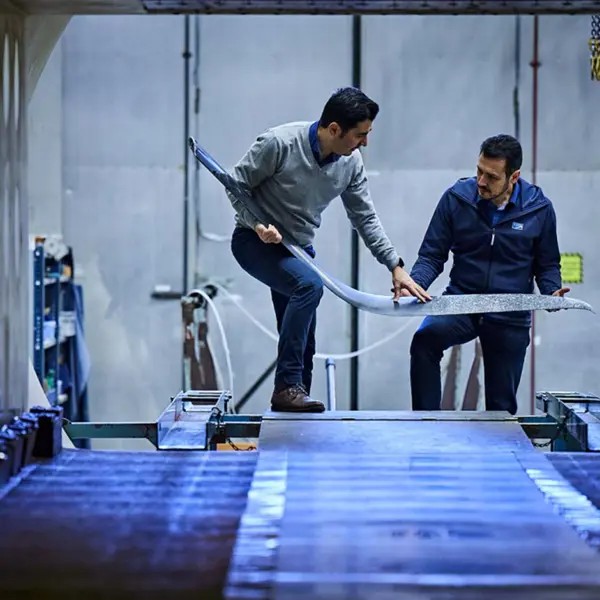
Hydrodynamics
In the field of hydrodynamics, we explore solutions that enable efficient and robust ship operation free from hazardous emissions.
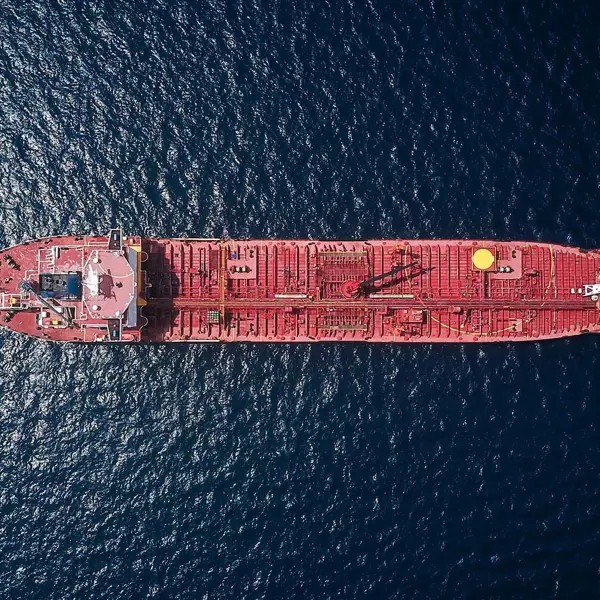
Safety and Reliability
Within the Safety and Reliability research area, risk and consequence analysis methods are developed to limit the consequences of an accident at sea.
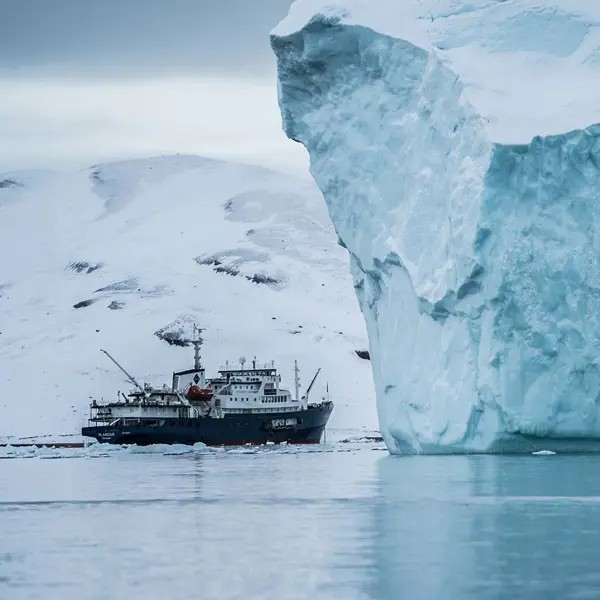
Maritime Operations
Research in maritime operations focuses, among other things, on modeling and predicting optimal voyage planning for autonomous operations.

Marine Technology Laboratory (MTL)
The Marine Technology Laboratory (MTL) is a small-scale infrastructure designed for use in both educational and research purposes. It is a facility with a water tank, which is able for testing of marine structures in water. Here, students as well as researchers have the possibility to visualize and measure phenomena with floating objects in waves.
